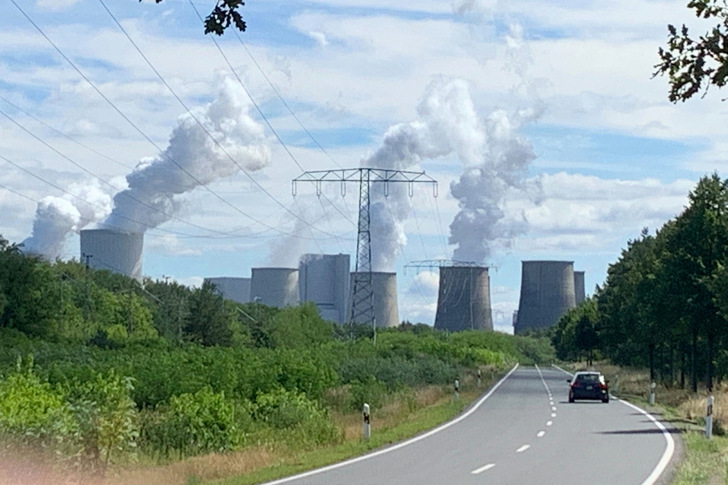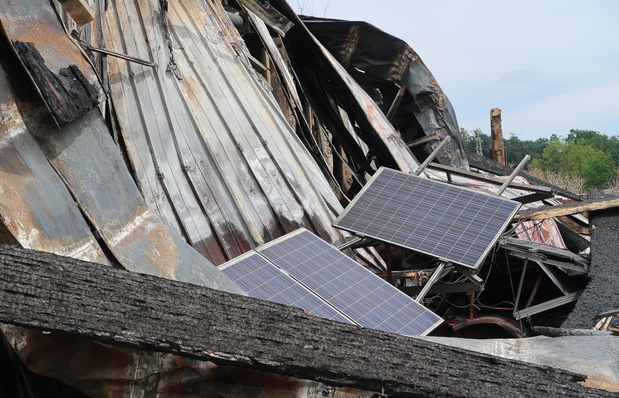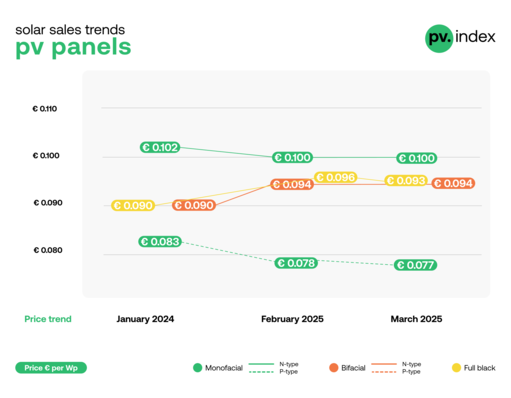Countries around the world are scrapping their plans for new coal-fired power plants. This is the result of a recent study by the Berlin climate research institute MCC (Mercator Research Institute on Global Commons and Climate Change). According to the study, plans have been cancelled in Bangladesh and Mongolia in particular, and least in China.
From 476 gigawatts to 215 gigawatts
Last year, it was assumed that coal-fired power plants with an output of 476 gigawatts were under construction or in planning, writes the MCC in a press release, citing figures from the US information service Global Energy Monitor. If they were all completed and operated to the end of their economic life, the international goal of limiting global warming to below two and preferably 1.5 degrees would be unattainable, according to the researchers.
See also: The EU and Germany support coal phase-out in South Africa
In their study, they have now examined the implementation of these announcements - and come up with a cancellation rate of around 50 per cent: according to current plans, around 215 gigawatts of new coal-fired power plant capacity is to be installed worldwide.
Clearer starting position for negotiations on the international energy transition
"For the negotiations on the global coal phase-out, it is important to know what growth in power plants is realistically still imminent," explains Jan Steckel, head of the MCC's Climate Protection and Development Working Group and co-author of the study. Plans and actually ongoing construction projects could be put on hold if, for example, the financing environment, national energy strategies or even the costs of renewable energies change. "We shed light on the starting point and thus also the level of ambition of past and future coal agreements, the so-called JETPs."
Under the title "Just Energy Transition Partnerships", countries in the global South have been negotiating with rich industrialised countries since 2021 on aid for phasing out this particularly climate-damaging form of power generation. For South Africa, Indonesia and Vietnam, there are already initial deals worth billions.
Ten countries plan 90 per cent of new power plant capacity
The analysis now available is based on a scientific survey among international experts - an established research method frequently used, especially in the energy sector, for topics where meaningful statistics are not yet available, according to the MCC. In a systematic search process, the research team identified 29 particularly knowledgeable experts from ten countries that account for 90 per cent of new coal-fired power plants under construction or officially planned: Bangladesh, China, India, Indonesia, Laos, Mongolia, Pakistan, Turkey, Vietnam and Zimbabwe. The request for the respective expertise for the own country and partly also for other countries was made in autumn 2021, before the conclusion of the first JETP agreements.
Term limits as the key to the 1.5-degree target
The reasons for changes in plans were broadly based: in addition to technical and business aspects, the political economy of coal, i.e. consideration for regional jobs, tax payments or personal influence of the coal industry, were also important, the MCC added.
Also interesting: Covid-19 pushes wind and solar PV to forefront of recovery packages
Meanwhile, the study also examines what an additional output of 215 gigawatts of new coal-fired power plant capacity would mean for the climate. "In three quarters of the scientific climate policy scenarios with only 1.5 degrees of global warming, coal use worldwide is down to zero by 2050," Lorenzo Montrone, lead author of the study, points out. "Our study shows the importance of international support to phase out coal and develop alternatives. One way to deal with the newly built plants would be to limit their lifetime to 15 years. If this can be done, the 1.5 degree target is still well within reach." (kw/mfo)









